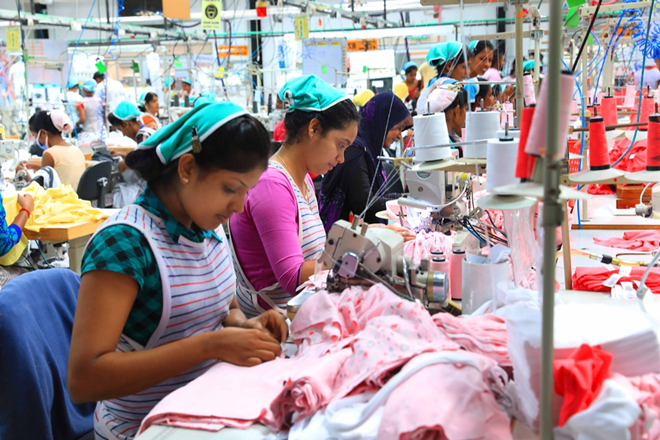Dec 06, 2019 (LBO) - HSBC and International Union for Conservation of Nature (IUCN) Sri Lanka Country Office announced the launch of their project to crystalize a cohesive low carbon development transition strategy for the local apparel industry recently.
The strategy will be developed in partnership with the Joint Apparel Association Forum of Sri Lanka (JAAFSL), National Cleaner Production Centre (NCPC) and the Board of Investment (BOI) based on research conducted by IUCN.
buy singulair online buy singulair online no prescription
Mark Prothero, CEO HSBC Sri Lanka and Maldives: “The apparel industry is a critical income earner for Sri Lanka, and supporting its transition into greener development is imperative for the growth and long term stability of the industry. With this project, HSBC is moving beyond transactional corporate social responsibility to more a knowledge-based contribution that benefits the communities, the environment and the country at large. We believe that knowledge based intervention is the best way to ensure that change is impactful and sustainable in the long run.”
Dr Ananda Mallawatantri, Country Representative, IUCN Sri Lanka: “During the strategy development process, IUCN Sri Lanka will partner with the Joint Apparel Association Forum (JAAF), National Cleaner Production Centre (NCPC) and the Board of Investment (BOI) to generate and validate information. Consultations envisaged during the strategy development will include regulatory agencies, apparel industry senior managers and technical level staff, environment auditors who are familiar with the industry operations and processes. We will also review the international knowledge bases on the subjects involved”
In 2017, HSBC pledged USD100bn for sustainable financing and in practice this translates to HSBC being a leading global partner in financing, managing and shaping the transition in to a low carbon future. HSBC is committed to finance projects which will help deliver 2015 Paris Climate Agreement and the UN Sustainable Development Goals (SDGs).
Sustainable financing in the apparel and garment sector has the potential to contribute to several UN SDGs, namely, SDG6: Ensure availability and sustainable management of water and sanitation for all; SDG9: Build resilient infrastructure, promote inclusive and sustainable industrialization and foster innovation; SDG11: Making cites and human settlements inclusive, safe, resilient and sustainable; and SDG13: Take urgent action to combat climate change and its impacts.

